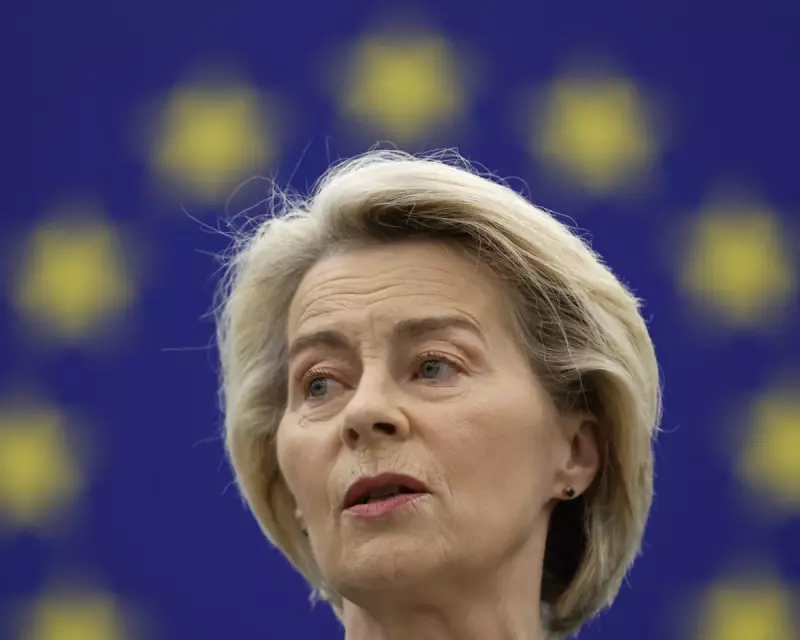
European Commission President Ursula von der Leyen is confronting a significant internal rebellion as her handling of the Israel-Gaza war draws fierce criticism from member states and commission staff alike.
A damning internal letter, signed by numerous EU officials and seen by The Guardian, accuses von der Leyen of abandoning the Commission's principle of impartiality by displaying a clear bias towards Israel. The letter demands a immediate change in approach and a more balanced humanitarian response.
A Coalition of Discontent
The pressure is emanating from multiple fronts within the EU apparatus:
- Member States: Ireland, Spain, and Belgium have been particularly vocal, criticising the President's solo diplomatic approach and her failure to adequately address the escalating humanitarian catastrophe in Gaza.
- EU Staff: The internal letter reflects deep-seated anger among civil servants, who feel the Commission's legitimacy and their ability to work impartially have been compromised.
- Political Groups: Figures within the Socialists and Democrats group are leading the charge for a more critical stance towards Israeli Prime Minister Benjamin Netanyahu's government.
The Core of the Controversy
Critics point to von der Leyen's swift visit to Israel shortly after the October 7th Hamas attacks, where she was photographed alongside Prime Minister Netanyahu without the customary presence of other EU leaders or the bloc's standard. This move was widely interpreted as unconditional support for Israel, sidelining the EU's official position which advocates for adherence to international law and a focus on humanitarian aid.
The Commission's initial slow response in reviewing aid to Palestine and von der Leyen's perceived reluctance to use the EU's trade leverage with Israel to demand compliance with international law have further fuelled the discontent.
Mounting Humanitarian and Political Fallout
With the death toll in Gaza soaring and aid organisations warning of famine, the pressure on von der Leyen to shift strategy is intensifying. The internal revolt signals a crucial test of her leadership ahead of the European Parliament elections, threatening to undermine her authority and the EU's unified voice on the world stage.
The coming days will be critical in determining whether the Commission President can recalibrate her approach and demonstrate the leadership her critics demand, or if the internal and external pressure will force a significant and public change in EU policy.





